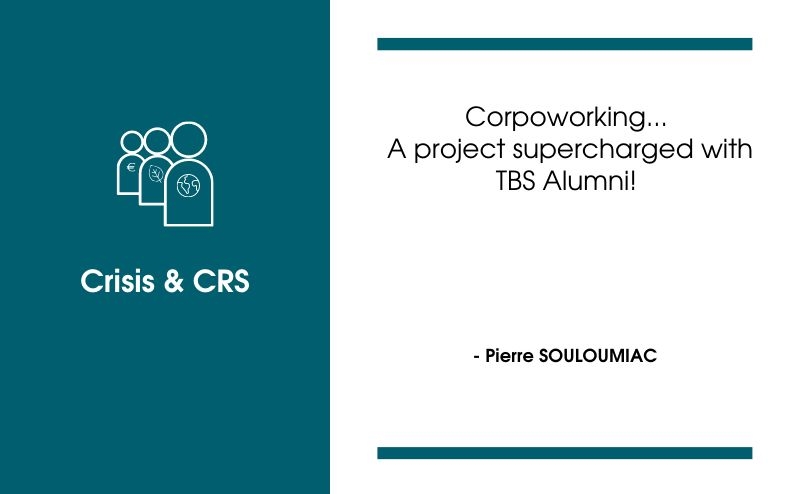
Corpoworking... A project supercharged with TBS Alumni!!
Pierre Souloumiac is in charge of the Corpoworking Project that he initiated in the region of Occitanie and which is to be deployed nationally. He tells us about the genesis of this project, which brought together companies, social partners and local elected officials.
RSE
Pierre Souloumiac (PGE TBS 1988)
Deputy Regional Director Action Logement Services Occitanie
The story begins just before the Covid crisis. The quarantine did not interrupt it, on the contrary, it multiplied its energies and confirmed the relevance of this new concept which borrows part of its name from the coworking from which it is inspired, and the other part from the corporate which connects it to the Business World to which it is a part of. Since then, the project has progressed so well that the first Corpoworking site will be launched next year.
The recipe for success? A keen observation of changes and the expectations they raise, the desire to build a response with high added value, a network to guarantee the project's sustainability, and the ability to rely on all the parties concerned who are motivated by the project's implementation.
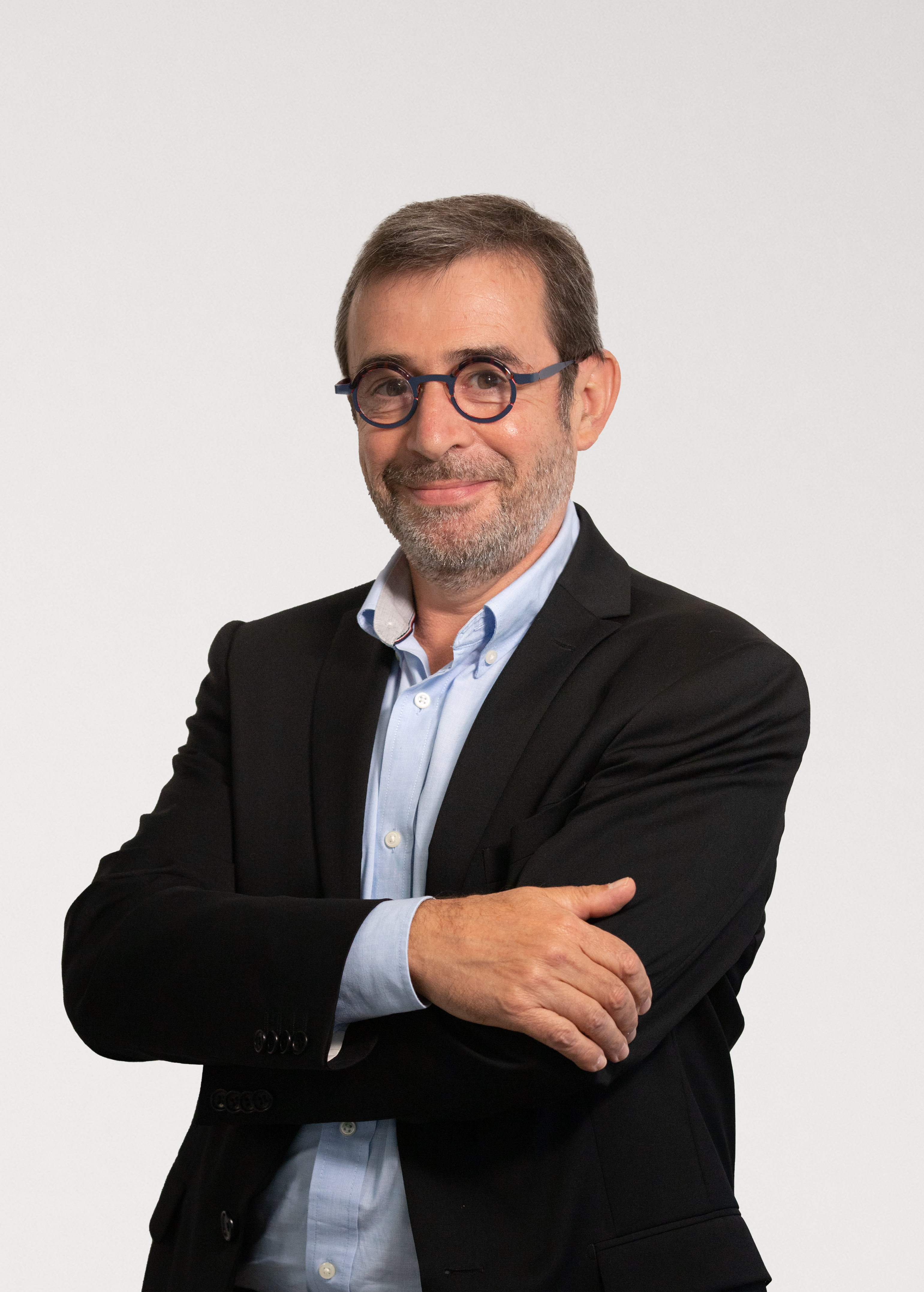 |
How did it all start? Following the governmental orders on telework in 2018, Action Logement began to observe that telework agreements were being signed in member companies. Now telework has of course to do with housing, which is our vocation since our action aims to improve the well-being of employees through housing.
It was based on this observation that I became interested in it and integrated it into our thinking and our action : What are we going to build and where to accompany this transition?
|
The first lesson of this study was clear: the offer did not meet the needs of these companies. It was poorly structured, dispersed and heterogeneous. This could not satisfy companies that expected a high standard of services, simplicity and administrative fluidity, nor the staff representatives who also wanted to see homogeneous working conditions throughout the company. The idea then arose of a network solution of third places managed on a shared model.
What impact did covid have on this project?
We were at that point when the health crisis suddenly broke out. Teleworking suddenly became the rule for thousands of employees. For us, the first confinement was a real life-size laboratory for observing and analysing remote work and its consequences. Two professors and researchers from TBS, Kevin Carillo and Alain Karlsfeld, launched a study on telework whose conclusions were enlightening for our project. They validate the maintenance of the productivity of companies in telework mode and remove the management brakes still very present until now. They also confirm that working from home is not the best solution: frequent musculoskeletal disorders, worsening of inequalities in working conditions, but also isolation , and finally cyber security problems.
At the end of 2020, we launched the co-drafting of a set of specifications involving about 60 companies in the region as well as all the stakeholders in the project, social partners, territories, real estate professionals, and professionals in the field of work method transitions... The general principle is simple: to create third places located less than 15 minutes from the homes of the employees who will use them. Bringing the office closer to the employees rather than having the employees come to the office.
The companies taking part in the projects agreed to give us, in strict compliance with the RGPD, the anonymised home towns of their employees to identify the best locations for these third places in the heart of the pools of employees likely to telework. This was an invaluable commitment to the project which enabled us to draw up a precise map of the sites to be selected with the right impact measures.
The political leaders of the territory also played a role. Having been informed of the progress of our studies, the Region decided to support this action which promises to contribute in a new way to the sustainable development of its territory. It is also committed to its employees. Toulouse Metropole is also joining the project, which will make it possible to reduce the number of trips made by Toulouse commuters to work. Within the framework of the Vilagil project, a structure is also being set up to facilitate the running of the network and the deployment of the sites. In short, a whole virtuous network is being set up in favour of corpo-working, which seems to be capable of bringing together the private interests of companies, the individual interests of employees, and the collective interests of the territories, some of which have been revitalised and others decongested...
| Corpo-working seems to be capable of bringing together the private interests of companies, the individual interests of employees, and the collective interests of the territories |
Where are you today?
We are making progress on several fronts. First of all, we have started to work in a very operational way on certain sites such as the industrial wasteland of La Comtesse du Barry in Gimont, which will be the first to open its doors. To concretise the project, the TBS alumni network was a real added value because our ambition was to stimulate all of this intelligence and will to help, with those in favor of this project. On the search for places to become third places of Corpoworking, for example in Fronton, a city that has been identified as a potential location, I am in regular contact with Patrick Igon (PGE 80), who opens many doors in his city. Patrick is in the process of taking ownership of this project, which he considers to be beneficial to the economic development of his region and the quality of life of its inhabitants. ( see also the interview with Patrick Igon on page X ).
For the elaboration of the specifications and the co-creation with the companies, I was able to rely on Edouard Forzy (bachelor 96), who is in charge of La Mêlée, a precursory third place in Toulouse, invented 20 years ago. Edouard first helped me with the idea of the project. He then, while the employees of the companies involved in the approach were largely confined to their homes, designed and facilitated the co-creation workshops that we were able to carry out thanks to the effective digital solution that he set up for us, despite and during the confinement.
With Paul Boulanger, associate consultant of PIKAIA (PGE 1994), we are working on the concept, the analysis of the deformations of the working methods, and the modes of communication caused by the remote work and the optimization of the working methods to this remote mode. With a firm of ergonomists, Paul is studying for us the emergence of an added value specific to this new decentralised cohabitation, between people in the same company and between different companies.
With Arnauld Thersiquel (PGE2013), president of "At Home", we are working on the commercial proposal made to companies and on the interconnected and coherent management of sites (see also the interview with Arnaud Thersiquel on page X). To enter the lives of companies and employees, to keep the promises of improved working conditions, regional redevelopment and the fight against pollution, Corpoworking needs these complementary skills. We are investing in the intelligence of this pilot project to guarantee its viability and prepare its national deployment with ease.



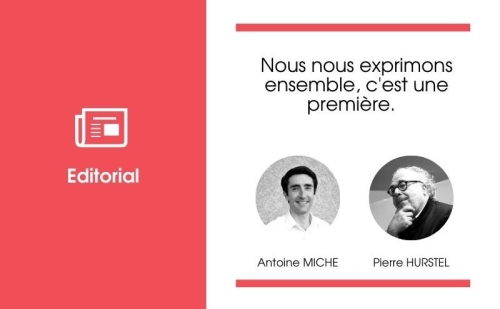
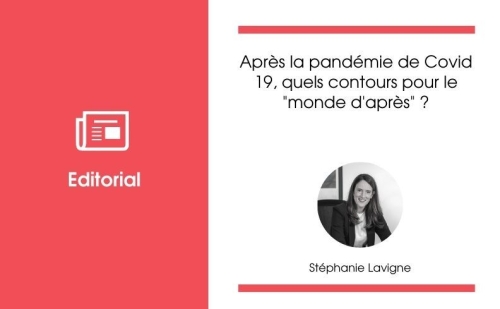

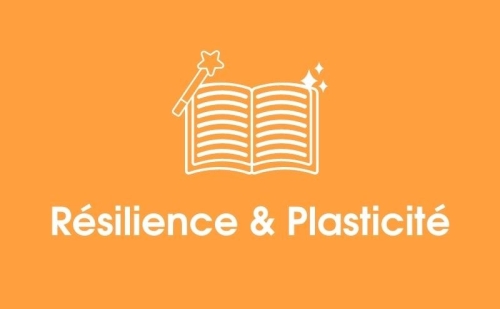

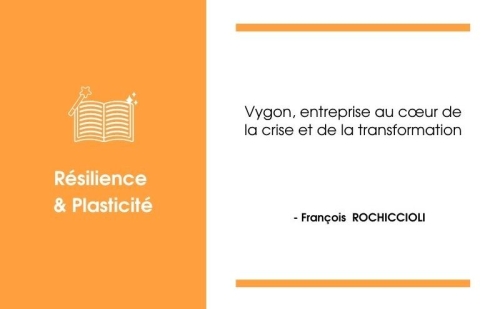
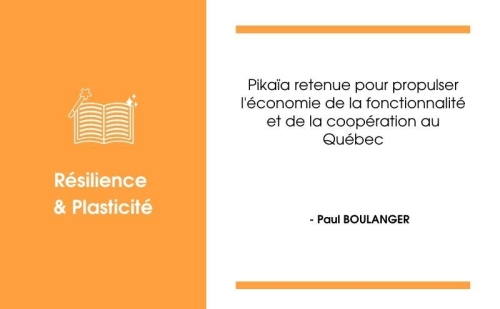
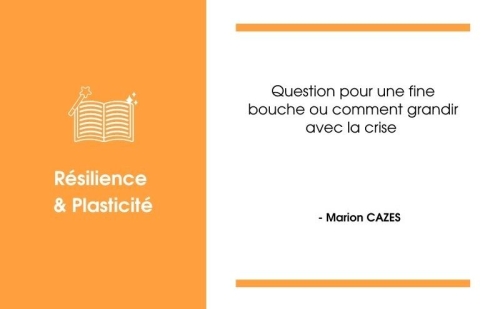
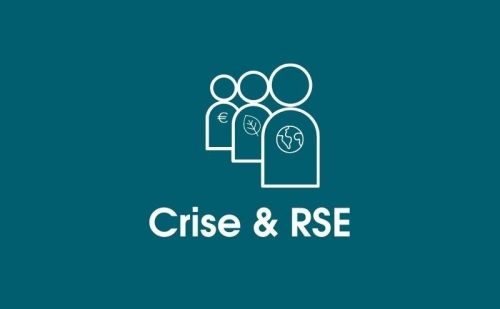
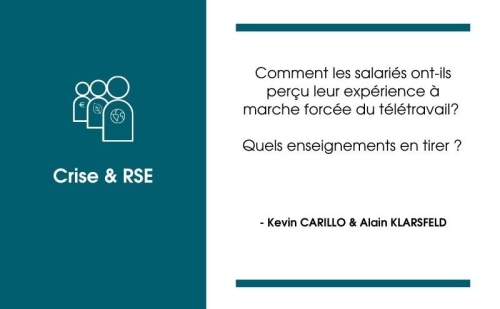
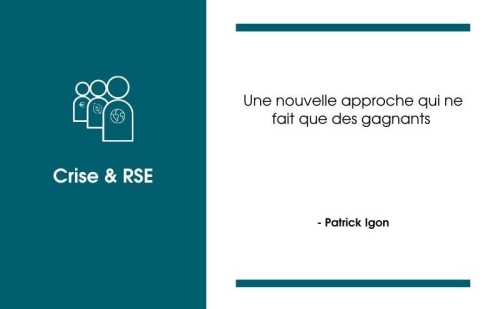
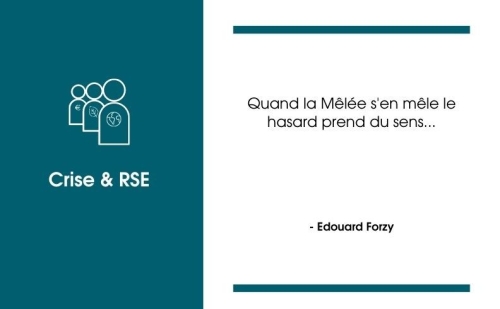
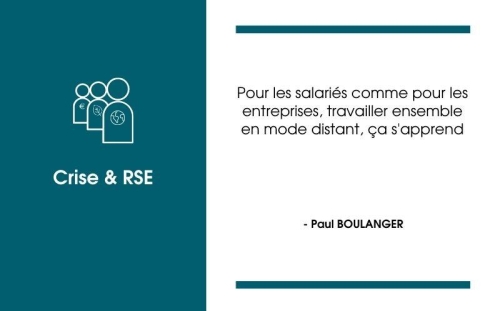
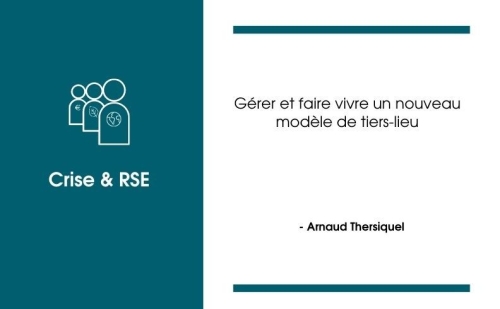
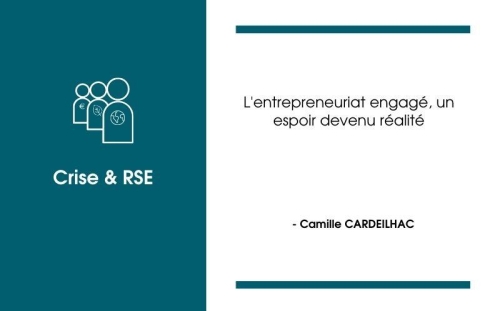
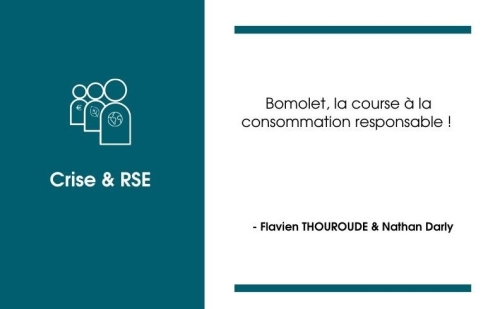
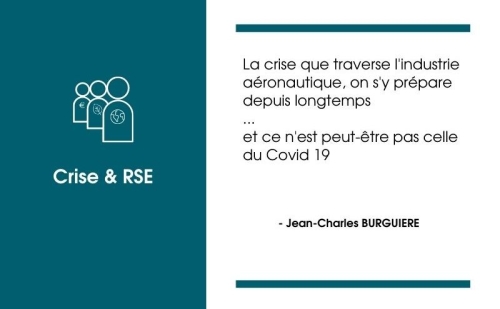
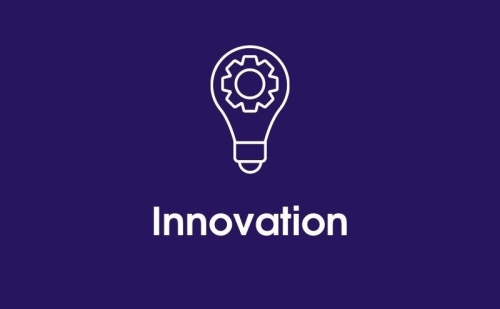
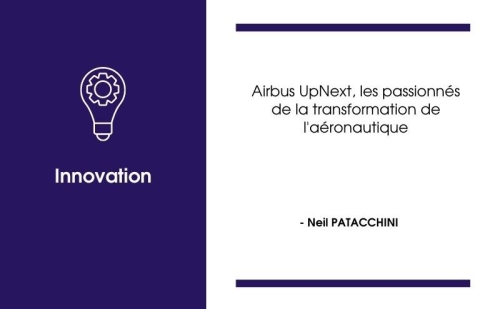
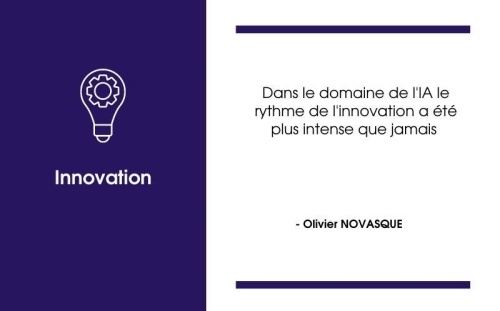
No comment
Log in to post comment. Log in.